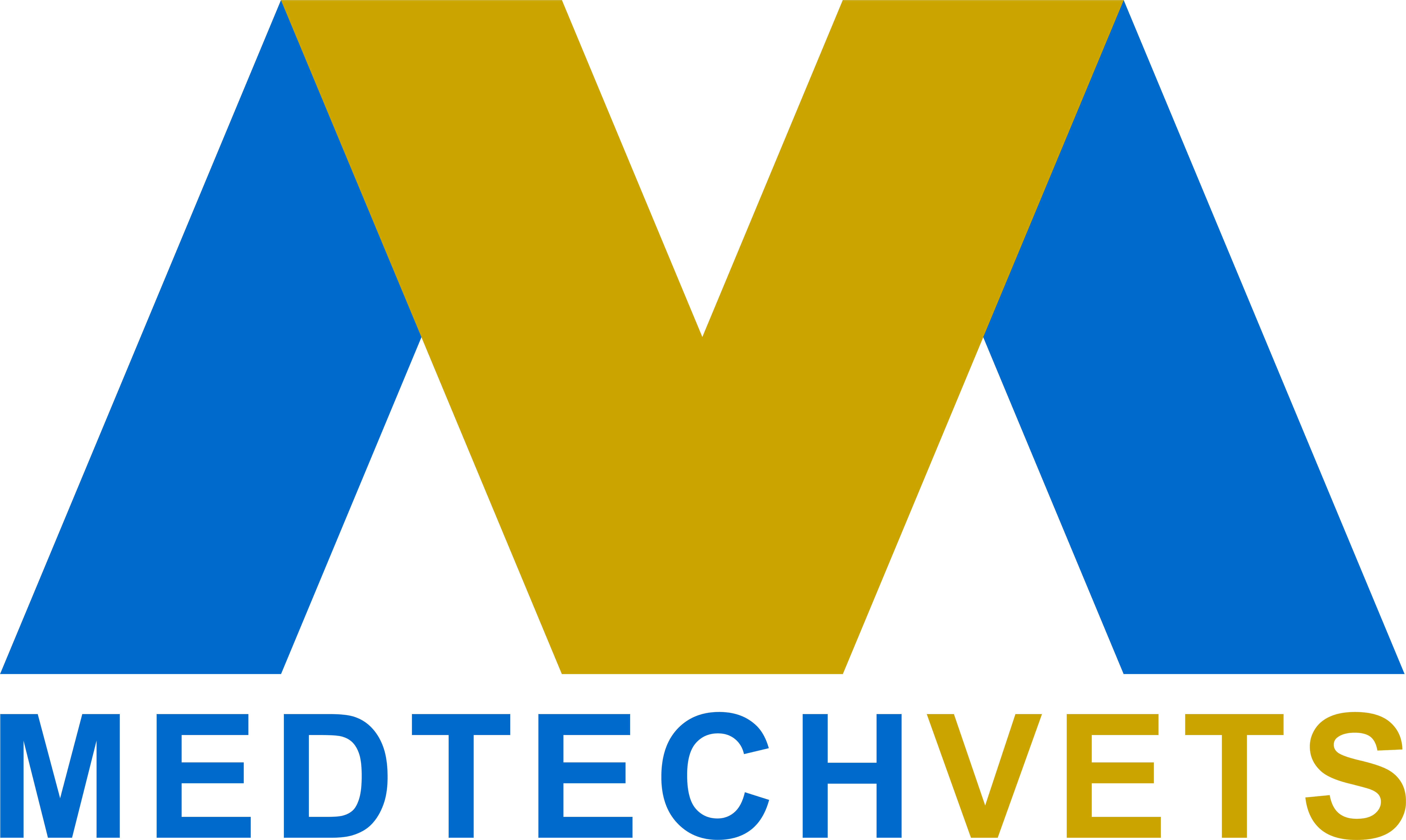
In 2016, A center For a New American Security released a study that said 60% of veterans felt that their skills and experiences were more advanced than the requirements of their job. That same study stated that 18.7% of veterans left their job because of this mismatch in skills. There’s a clear disconnect between what military trained folks believe they can do, and what hiring managers believe they can do. This is coined as the “military-experience hypothesis” or the contradiction that as veteran employment improved, the issue of underemployment increased in tandem.
Naturally, most of the American workforce isn’t privy to what 20.4 million veterans go through or the training they underwent in the military. It’s important however, that they do understand what skills are acquired during military training. The lack of awareness of what is taught in the military is the reason why civilian hiring managers and employers can’t see how those skills apply to jobs outside of the military. This poses a huge problem; hiring managers are gatekeepers of employee hiring initiatives, if they aren’t on board with seeing the value of military trained skills, it puts veterans at a disadvantage in the job market. A veteran hiring initiative requires hiring managers to familiarize themselves with the business case for hiring veterans. Hiring veterans is a rational undertaking that would give any business an advantage. Why? There’s a dozen reasons, but we’re going to highlight 5 key ones, from a brilliant report by Syracuse University, Institute for Veterans and Military Families:
- Veterans have high levels of resilience
In the civilian workforce, there is the likelihood of repeated failures. In work environments like sales, performance is measured against aggressive goals. Veterans develop an advanced ability to bounce back from such failures, small or large. Because they train in harsh environments and have to excel in them, their threshold for stress is high, so they are adept at managing mistakes, critique, or even a few blunders. It won’t crush their spirit or desire to learn and grow.
- Veterans have high levels of trust
There is compounding evidence in the organizational behavior literature that a significant predictor of high performing teams is trust. Veterans and military personnel, more often than not, put their faith with their team members. Trust is integral to their training, to engender good morale. Several studies show that those with prior military experience are efficacious in team-related activities. They adapt well to new team dynamics and have an “enduring belief that they can effectively contribute” to any team they join. High levels of trust also translate into loyalty; according to LinkedIn’s Veteran Opportunity Report, veterans stay with their existing company 8.3% longer than their non-veteran counterparts.
- Veterans are adept in discontinuous environments
The modern workplace is fast-paced, shifting priorities, changing board members, and uncertain outcomes. Military personnel are trained to deal with uncertainty. The combat training gives them an enhanced ability to predict threats, and mitigate them immediately. Cognitive research shows that military experience is positively correlated with the ability to “accurately evaluate a dynamic decision environment” and remain calm in the face of uncertainty and even adversity. This is a required, highly sought after skill in executive-level employees. It’s why veterans are “39% more likely to be promoted than nonveterans” (Veterans Opportunity Report).
- Veterans are entrepreneurial
Think about the common characteristics of entrepreneurs: autonomy, self-efficacy, need for achievement. The shared qualities among entrepreneurs and innovators overlap with former and current military personnel. Because they’re already adept at working in discontinuous environments and dealing with a fair amount of uncertainty. They have the temperament for leadership roles at firms, large or small.
- Veterans have cross-cultural experience
Veterans come from a vast array of backgrounds. They’re one of the most diverse cohorts, in race, gender and sexual orientation. In fact, 19% of commission officers are women (Teleflex). On top of that, they often have travel and cross-cultural exchange experience from serving in the military, so they’re often able to speak more than one language and have increased cultural sensitivity compared to their peers who have not served. This gives a company competitive advantage, especially in a global market.
As soon as we understand the obstacles veterans face to gainful employment, we can reduce underemployment, and make use of this untapped talent pool. Hiring managers need to understand that the veteran hiring pipeline isn’t just for diversity initiatives–hiring veterans improves the business overall.
About MedTechVets (formerly MVPvets)
MedTechVets is a 501(c)(3) nonprofit organization dedicated to connecting life science companies with talented veterans ready to serve a purpose, with a broad bandwidth of skills, and an extraordinary focus on achieving goals. MedTechVets’ network has grown to nearly 100 life science and medical device companies, hundreds of mentors, and thousands of veterans.
If you’re a transitioning service member or military veteran interested in our 6-week program designed to support your career transitions, with networking events, one-on-one mentorship and access to exclusive conferences.
If you’re in the biotechnology, medical technology, or life sciences industries and would like to give back to our veteran community by becoming a mentor, apply today.


